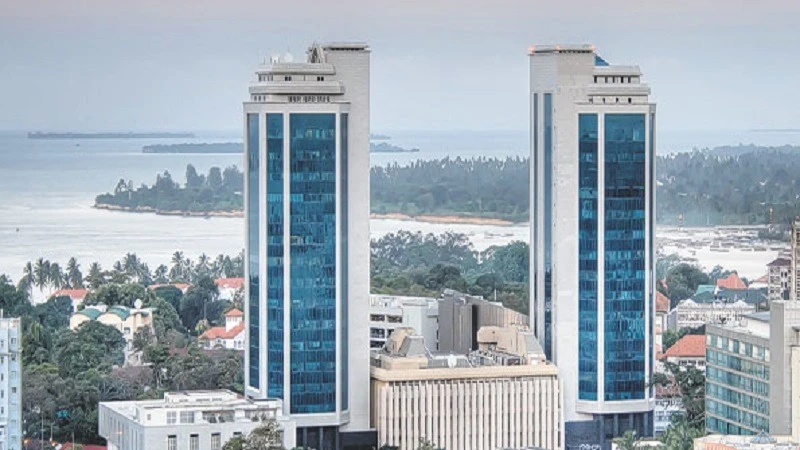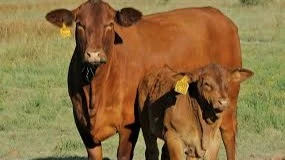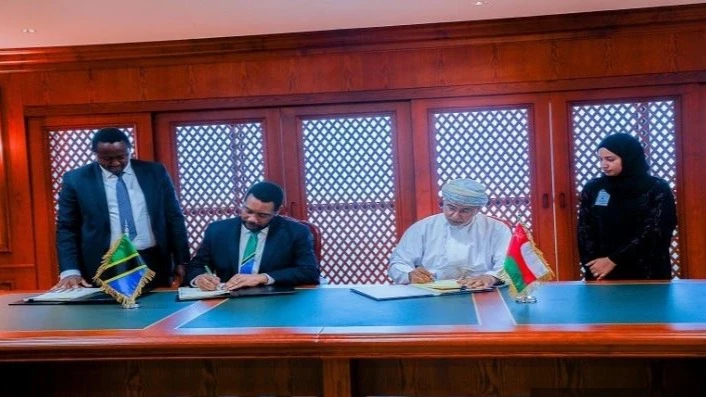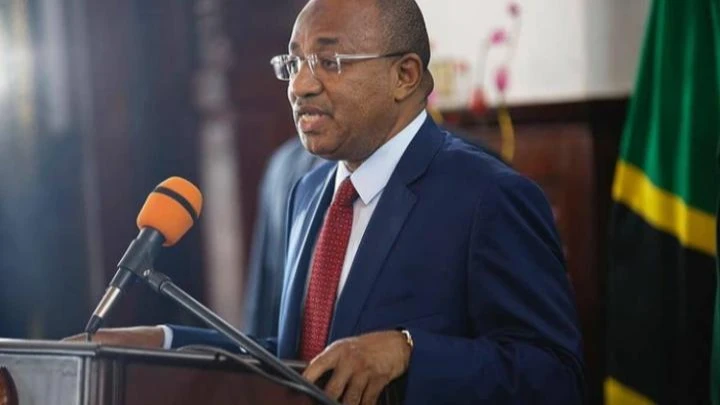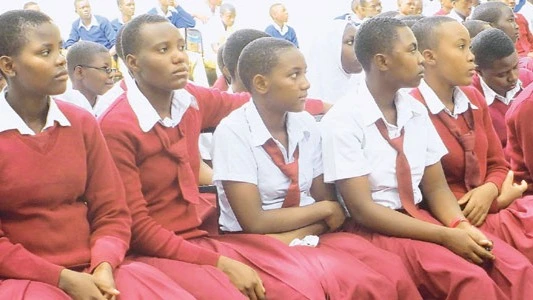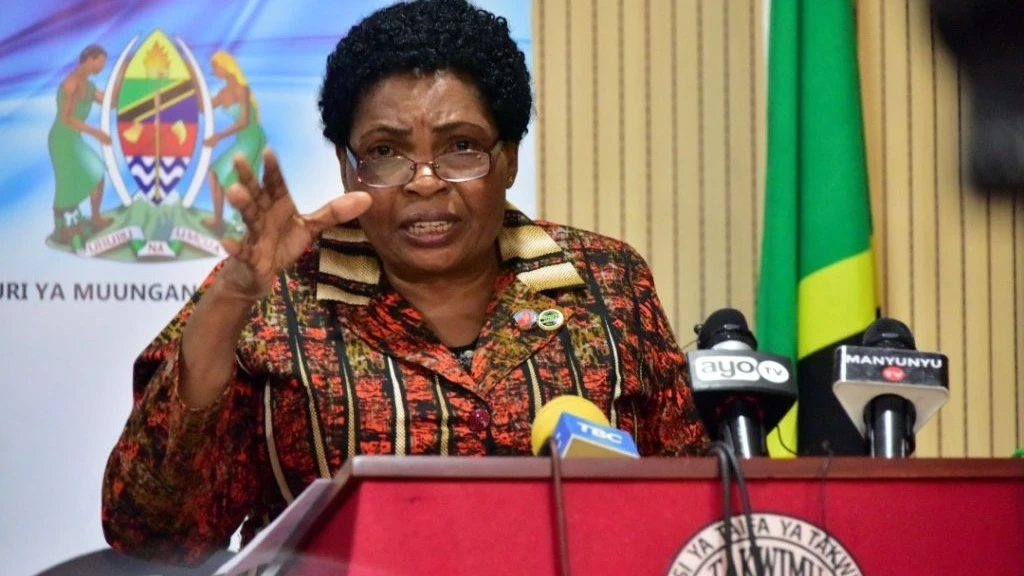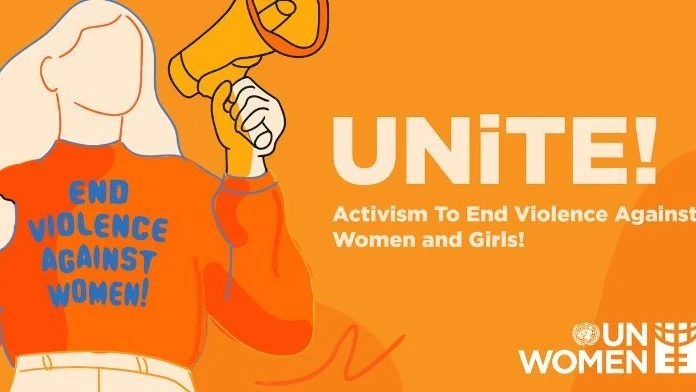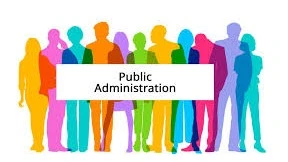UNDP has to dip hopes on sports tourism capacity for rural economy
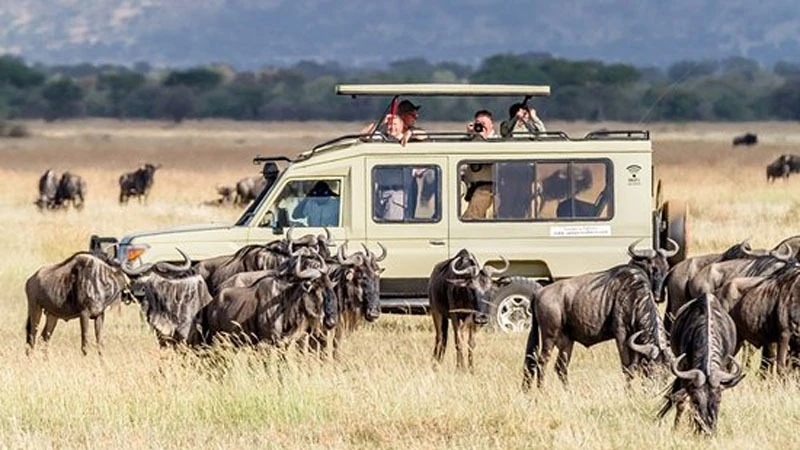
NOVEL partnership is being forged between a United Nations agency and an active sports tourism organizer targeting the western sphere of the northern tourism circuit. Officials at the United Nations Development Programme (UNDP) affirm that it is an initiative that will help turn the circuit into a more inclusive economic area. It is a good idea as tourism is something of a concentrated kind of business where the government it even at odds at the helm as to the circulation of money in the sector.
That is why the programme is interesting as it it focused on ensuring that tourism revenues benefit local populations around the Serengeti National Park, well, also as a UNESCO world heritage site. UNDP officials say the idea is to use tourism to empower local fishermen, farmers and livestock keepers to engage meaningfully in the tourism value chain. That would be an excellent growth idea if it focused on how tourism is conducted all year long and indeed, how much of it. UNDP is targeting an event where this sort of ‘inclusinomics’ is demonstrated, then everyone goes home.
Had it been a much wider strategy, affirmations on redirecting tourist spending toward grassroots economies would be more substantial, if skewed in its formulation, as finally everyone has the liberty to join a value chain if such person is sufficiently competitive. That is why the effort initiated is aimed at an upcoming Serengeti Safari Marathon where UNDP seeks to ensure that local suppliers in products like beef, fish and fruits, vegetables to hotels and lodges in the Serengeti area buy local products. They are local by being defined at the community level, which excludes neighbours.
What is noticeable in the UNDP effort is far from surprising as radicals are always at hand to figure out how ‘what there is’ ought to be distributed, not how more capital is formed in the area or attracted from outside. Having productive units that need to hire is the best way to bring up local communities, when they are assured of a market for their goods all the year round. UNDP is targeting an event five to six weeks from now, and this is clothed in terms of boosting local businesses and fostering growth.
In that case momentary social inclusion is what can be expected, which diminishes any effort to gauge its relevance for environmental sustainability. From what the UN agency is saying, it is as if the marathon event is meant to serve as a role model, an illustration of how tourism as a business needs to link with the grassroots level, but where it remains unclear as to how much the model can actually be imitated. For once it would appear to suggest that all what tourists need should come from within the local community where they can grow or produce, eliminating cross border trade, etc.
There is a competition among brands where the consumer knows what he or she wants, and it is unlikely that UNDP will liaise with regional authorities that tourist hotels place local beer exclusively so at to link with ’grassroots’ or local needs general. It would also be at issue if ‘responsible trekking’ that hurts local business for raising the trading bar can be allowed or not. UNDP is singularly concerned about uplifting the local indigenous people, where the low level of such inclusion needs a big event so that more and more products are brought into the market, not complex exchanges, etc.
Top Headlines
© 2024 IPPMEDIA.COM. ALL RIGHTS RESERVED






